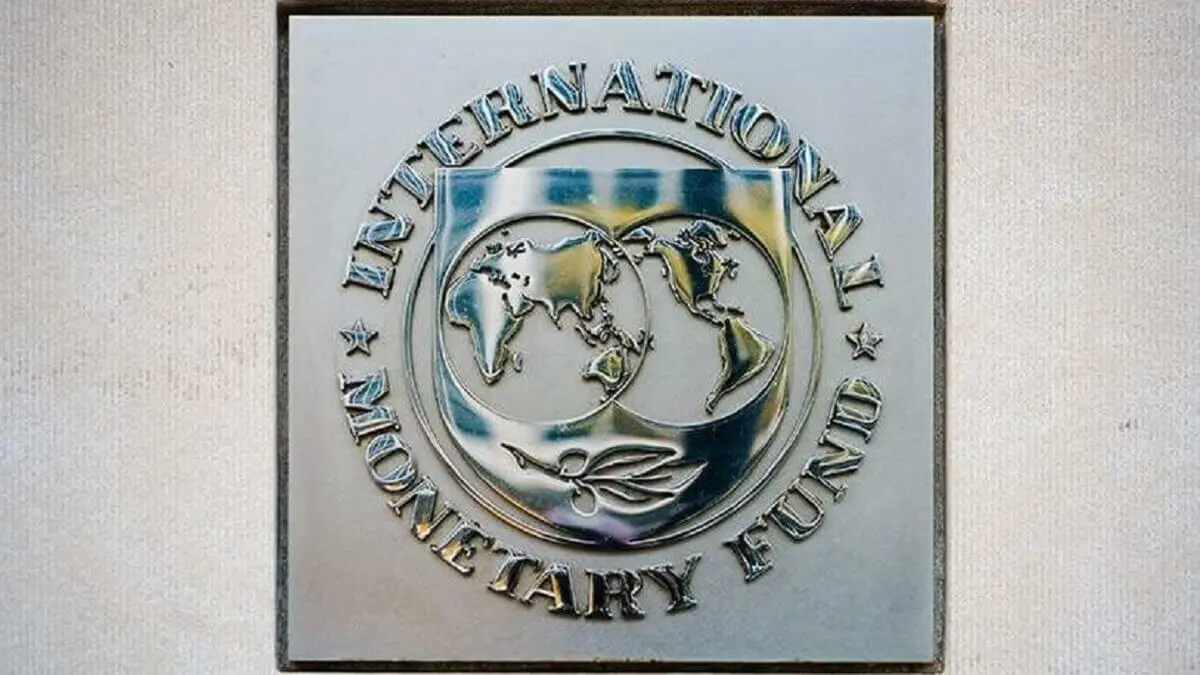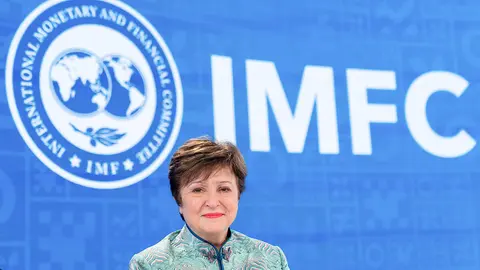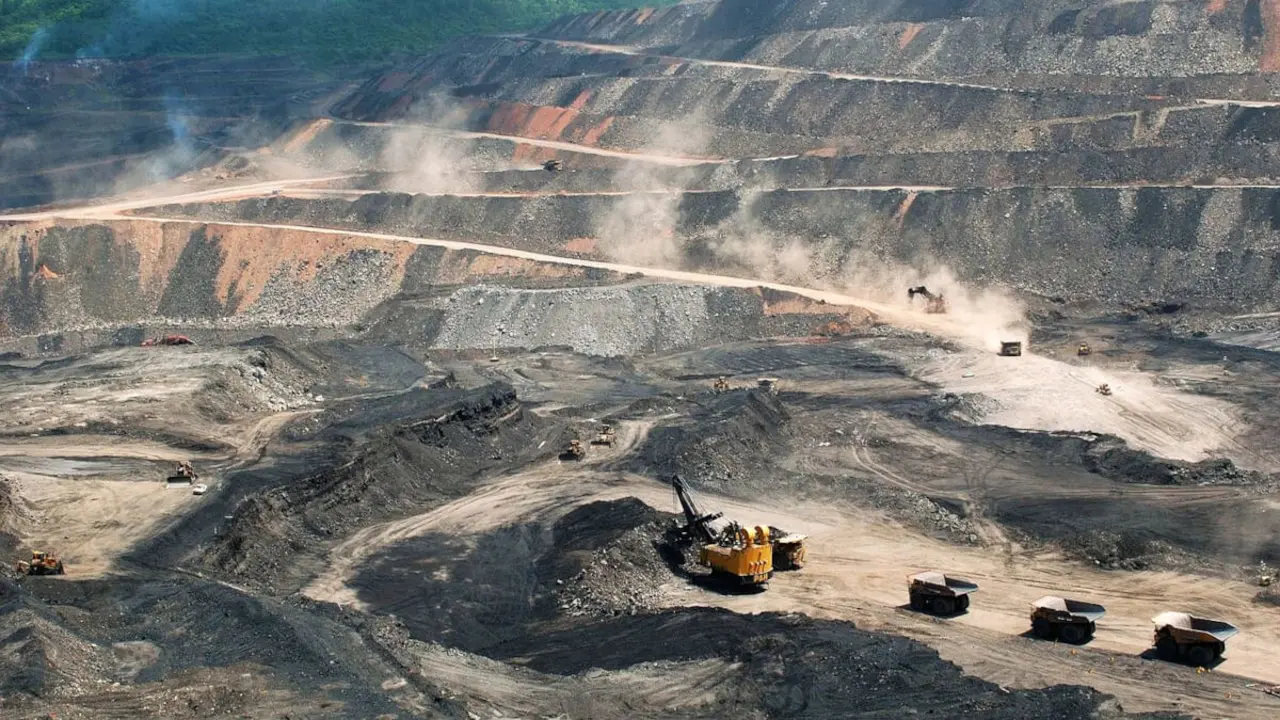A more optimistic IMF upgrades global growth prospects this year

The global economy will grow 3.2% this year and 3.2 % next year, showing "extraordinary resilience", with improvement in developed countries such as the United States and emerging markets such as India and Brazil, the IMF forecast Tuesday.
The updated outlook for the global economy includes little change from the previous one, published in January.
"There are certainly differences from region to region, but despite the pessimistic forecasts, the economy is holding up and inflation is close to target," International Monetary Fund chief economist Pierre-Olivier Gourinchas told reporters.
"The road has been bumpy," because of supply chain problems, a war in Ukraine that triggered an energy and food crisis, and a rise in inflation, followed by an increase in interest rates, the IMF explains.
But "despite many gloomy predictions, the world avoided recession," it adds.
Despite high interest rates and inflation that varies from country to country (close to target in Europe, low in China but still too high in the United States), the global economy is not faltering, thanks in part to strong employment and consumption.

Strength in the United States
This is the case for the world's largest economy, the United States, which will grow 2.7% this year, up from 2.1% three months ago.
"We have seen considerable growth in both employment and productivity, strong consumer demand and government spending," Gourinchas said.
This trend is not reflected in the other advanced economies, particularly in the euro area, where already weak growth has been revised down slightly to 0.8% (-0.1 percentage points, pp) due to the fragility of the region's two largest economies, Germany and France.
Spain is one of the few exceptions, up 0.4 pp to 1.9%.
Among the emerging economies, India and Brazil are the most fortunate.
Domestic demand and the increase in the economically active population put India among the fastest growing countries in the world: 6.8%.
Growth in Brazil (2.2%, +0.5 pp over the previous forecast) would be lower than in 2023, due to the effects of monetary tightening and the budgetary consolidation underway, but an improvement over the January figure.
By contrast, the Mexican economy is expected to shrink by 0.3 pp to 2.4%, inter alia due to a contraction in the manufacturing sector.
The IMF's economic forecasts for the rest of the region this year vary considerably: Bolivia will grow 1.6%, Colombia 1.1%, Ecuador 0.1%, Paraguay 3.8%, Peru 2.5%, Uruguay 3.7% and Venezuela 4%. Central America will grow by 3.9% and the Caribbean by 9.7%.
For Argentina, the financial organisation maintains its January forecast: GDP will contract 2.8% this year amid the fiscal adjustment carried out by the government of ultra-liberal president Javier Milei, in an attempt to restore macroeconomic stability.
The forecast for Argentine inflation is equally dismal. The organisation projects that it will touch 250% this year, falling to almost 60% by 2025.
Chinese weakness
The forecast for China also remains unchanged, with expected growth of 4.6% this year, a sign that the slowdown in its economy is continuing.
"The weaknesses observed since last year are persistent. There are some concerns due to low domestic consumption and we should expect activity to remain subdued for some time," Gourinchas stressed.
As in 2023, the Russian economy remains solid this year with a projected expansion of 3.2% (+0.6 pp over January) despite international sanctions. Russia keeps its machinery oiled due to public investment in military spending to finance the war in Ukraine.
The IMF's optimism is short-term. Looking further ahead, global forecasts are not buoyant.
The outlook is "below the historical annual average" of 3.8% from 2000 to 2019, reflecting "tight monetary policies and withdrawals of fiscal support, as well as low underlying productivity," reads the World Economic Outlook (WEO), which the IMF releases at the start of its meetings this week in Washington.
And in the medium term, in output and trade, the outlook remains the "lowest in decades".










